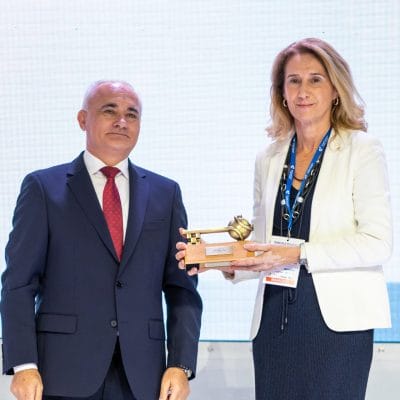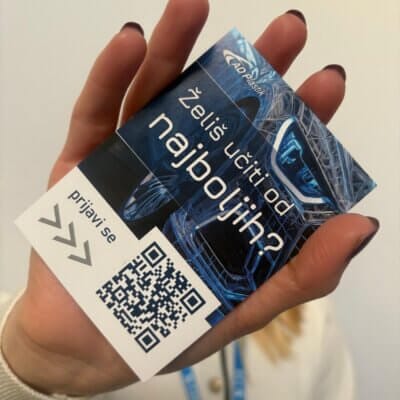Strong kuna and rising costs place a burden on exporters
The 28th meeting of the Lider’s Club of Exporters took place at the AD Plastik factory at Jankomir, Zagreb. The members and guests of the club were welcomed by the Editor-in-Chief of the Lider Miodrag Šajatović, who emphasized that the members of this club are exporting HRK 15 billion a year.
The host of the meeting, Marinko Došen, President of the Management Board of AD Plastik, welcomed the guests and reminded that AD Plastik is a 100% exporter and places all of its production to foreign markets. Došen emphasized the excessive kuna exchange rate and the increase in operating costs, i.e. the increase in energy prices and labor costs as two key parameters that negatively affect the competitiveness of the company. “Every five years we lose almost one factory due to the strong kuna. If we take the 2014 kuna exchange rate as an indicator, we have lost almost HRK 87 million in revenue due to its strengthening over the last five years. Electricity costs rose 33 percent, which is a cost increase of HRK 8.4 million over the last three years. An increase in staff costs has burdened the business with HRK 78.5 million in the last five years. That is why it is necessary to consider compensatory measures for exporters exporting more than EUR 100 million or employing more than 500 employees,” pointed out Marinko Došen.
The main discussion of the members of the Club of Exporters was focused on the topic of energy sources prices as a significant factor in export competitiveness. The Minister of Environment and Energy Tomislav Ćorić participated as a special guest, who noted that Croatian exporters face a number of challenges in their operations. “Some of them, such as rising labor costs and electricity prices, cannot be significantly influenced by the Government of the Republic of Croatia. It is encouraging that we are currently in the process of implementing a new scheme for the payment of fees for renewable energy sources, which are aimed at relieving large consumers, that is, energy-intensive industries. Relief from the fees would range from 80, 60, or 40 percent,” said Minister Ćorić.






